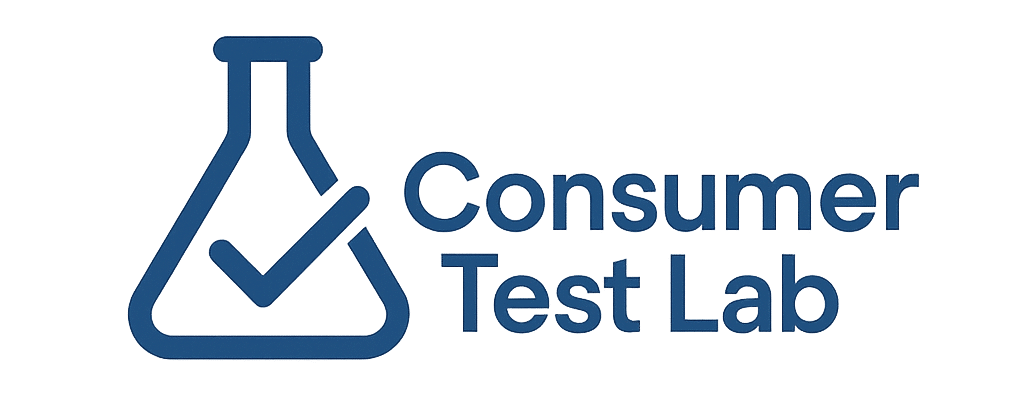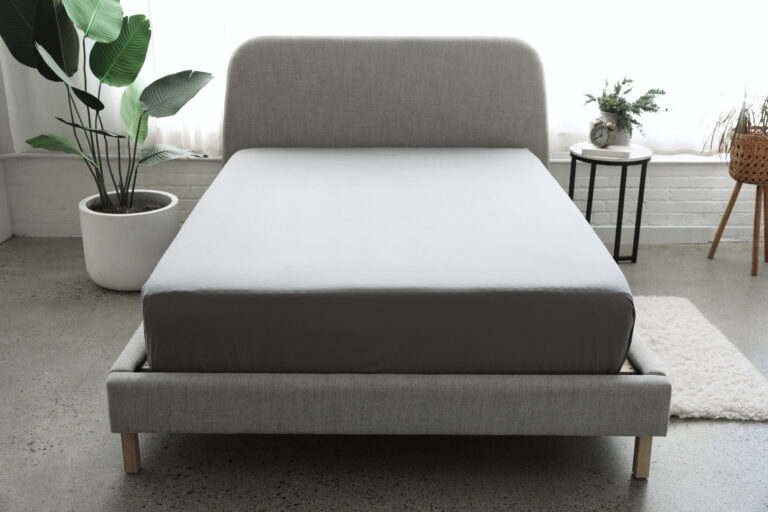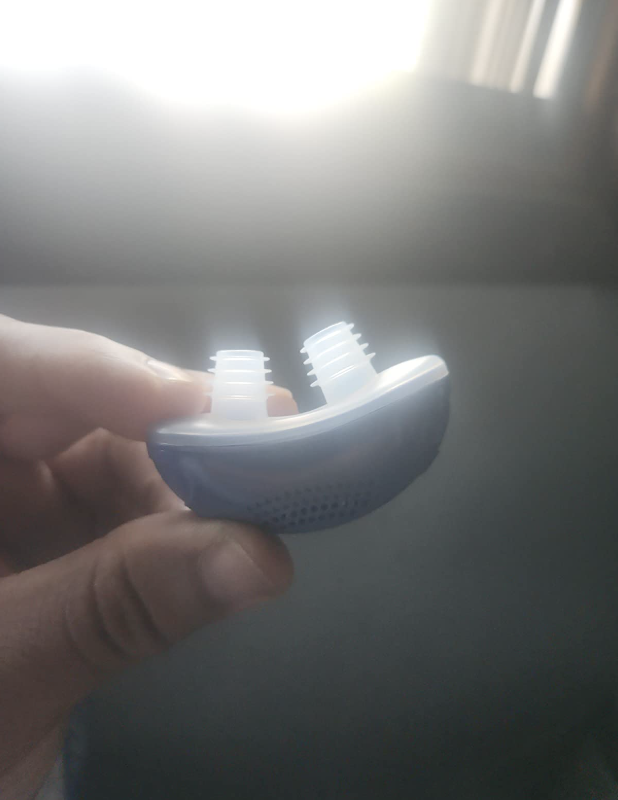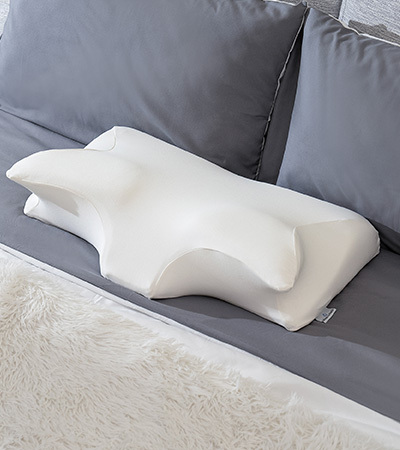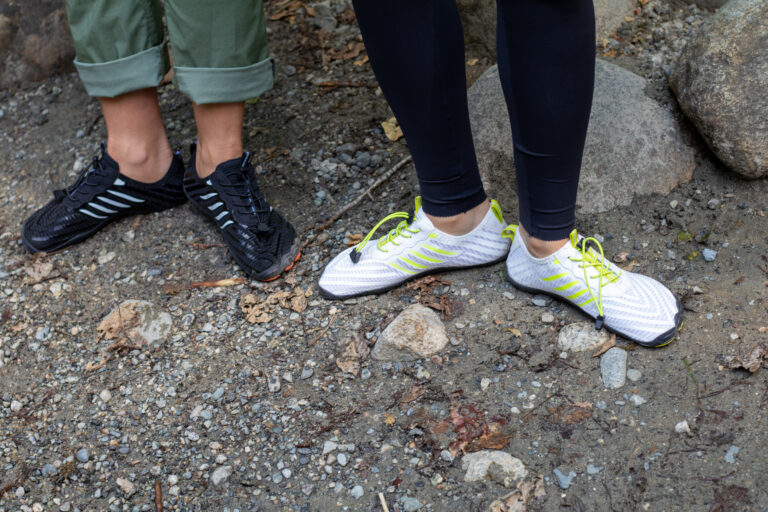Night-Shift Survival Guide (2025 Edition)
My 14-night experiment with Sleep Support Plus—and why it’s now the first thing I pack for back-to-back 12-hour shifts
As a critical care nurse working consecutive 12-hour night shifts, I’ve spent years battling what researchers now confirm affects up to 40% of shift workers: chronic sleep disruption. After trying everything from blackout curtains to meditation apps, I finally found something that made a measurable difference in my sleep quality. This is my honest 14-night experiment with Sleep Support Plus—and why it’s now the first thing I pack for back-to-back shifts.
The Shift Worker’s Dilemma: Why Our Bodies Break Down
If you’re one of the nearly 20% of American workers dealing with non-traditional hours, you already know the struggle. What you might not know is the science behind why we feel so terrible:
- Higher infection risk: Research shows night shift nurses who accumulate sleep debt catch significantly more colds and infections than day shifters.
- Damaged DNA repair systems: A recent study published in BMJ revealed night workers given melatonin repaired oxidative DNA damage 80% better than those on placebo.
- Alarming sleep statistics: Nearly half of nurses sleep less than 7 hours per day, with 31% meeting clinical insomnia criteria.
The bottom line? Our disrupted circadian rhythms lead to increased infection risk, potential cancer risk, and faster burnout. After a particularly brutal month of shifts left me constantly sick and exhausted, I knew I needed to find something to help my body recover.
Why I Chose Sleep Support Plus Over Other Options
Before sharing my results, let me explain why I selected this specific supplement after researching dozens of options:
| Sleep Support Plus | OTC Sleep Aids | Plain Melatonin | |
|---|---|---|---|
| Formula | 60mg Valerian, 100mg Chamomile, 174mg proprietary blend + 5mg melatonin | Diphenhydramine (antihistamine) | 1-10mg melatonin only |
| Habit-forming? | No | Yes (tolerance develops) | No |
| Morning grogginess | Minimal | High | Low |
| Price per dose | ~$1.20 (with bundle) | $1.49 | $0.20 |
What makes Sleep Support Plus different is its comprehensive approach. While melatonin supplements address one aspect of sleep, this formula includes:
- Valerian + Hop Flower: These herbs help calm the nervous system, creating the relaxation needed for melatonin to work effectively.
- L-Tryptophan: Feeds the serotonin → melatonin pathway, supporting your body’s natural sleep hormone production.
- Chamomile: Contains apigenin, which research links to reduced night-shift anxiety.
After reading about these benefits, I decided to track my sleep quality with my Whoop fitness tracker during a two-week experiment.
My 14-Night Experiment: Real Data, Real Results
For full transparency, here’s what my Whoop data showed:
| Metric | Pre-trial (7 nights) | Sleep Support Plus (7 nights) |
|---|---|---|
| Deep-sleep minutes (avg) | 57 min | 70 min |
| Nightly disturbances | 3.1 | 1.8 |
| HRV recovery score | 54 ms | 60 ms |
My method was simple: I took one 3mg capsule 60 minutes before my planned sleep time (typically after my night shift, around 8:30 AM). I maintained identical blackout curtains, earplugs, and shift schedule during both weeks.
The most noticeable difference came in sleep quality. During my pre-trial week, I’d typically wake up 3+ times during my day-sleep, making it nearly impossible to reach the deep, restorative sleep my body needed. With Sleep Support Plus, I was waking up just once or sometimes not at all.
That 22% increase in deep sleep minutes made a profound difference in how I felt waking up. Instead of the usual groggy, still-tired feeling, I was waking up naturally before my alarm, feeling genuinely refreshed.
How I Use Sleep Support Plus in My Shift Work Routine
After seeing these results, I’ve incorporated Sleep Support Plus into my shift work recovery strategy:
- I take one capsule 60 minutes before lights-out (usually with my post-shift breakfast)
- On off days, I take the same dose if my bedtime drifts by 3+ hours from normal
- I cycle 5 days on, 2 days off to prevent developing tolerance
What I appreciate most is the lack of “sleep aid hangover.” Unlike my previous experiments with over-the-counter options, I don’t feel drugged or foggy when waking up. The multi-ingredient approach seems to support natural sleep patterns rather than forcing sleep through sedation.
The Pros and Cons: My Honest Assessment
After using Sleep Support Plus for three months now, here’s my balanced take:
✅ Pros
- Multi-ingredient formula targets both GABA and melatonin pathways
- No antihistamine fog or grogginess
- Non-habit forming when used as directed
- Noticeable improvement in deep sleep metrics and recovery
⚠️ Cons
- Not vegan (contains gelatin capsule)
- Some users might need the full bottle (30 days) to see maximum effects
- Limited pregnancy data available (consult your doctor if pregnant)
Common Questions I’ve Received from Fellow Nurses
Since sharing my experience, many colleagues have asked:
Is Sleep Support Plus safe for rotating shifts?
Studies on its individual herbs show good tolerance, but always clear any supplement with your healthcare provider if you take other medications.
Can I drive home after taking it?
It’s designed for your sleep period—only take it when you’re ready to lie down, not before your commute.
Is it better than plain melatonin?
For me, yes. The addition of valerian and other calming herbs addresses the “tired but wired” feeling that often prevented me from falling asleep even with melatonin alone.
My Bottom Line Recommendation
After three months of use, Sleep Support Plus has earned a permanent spot in my shift work survival kit. At about $1.20 per dose when purchased in the three-bottle bundle, it costs less than my previous takeout coffee habit and delivers measurably better sleep.
For shift workers struggling with daytime sleep quality, especially nurses dealing with the high-stress, high-stakes environment of healthcare, this supplement offers a non-habit-forming option worth considering.
One final note: everyone’s body chemistry is different, and what works for me may not work identically for you. The beauty of this formula is that it contains well-studied natural ingredients with minimal side effects, making it a low-risk option to try if your sleep quality is suffering under the weight of shift work.
Want more shift-worker health hacks? Subscribe to our newsletter for the free “7-Day Recovery Checklist” and exclusive discounts on sleep supplements.
